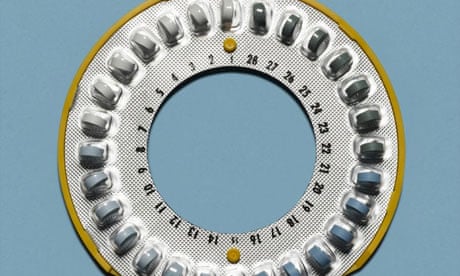Mrs Victoria Gillick, a Roman Catholic mother of 10, yesterday lost her attempt to stop a circular from the Department of Health and Social Security advising doctors that they can give contraceptives to under-age children without parental consent. She also failed to win a declaration that none of her five daughters could be given contraceptives or advice on birth control while under 16.
Mr Justice Woolf said in the High Court that children under 16 were entitled to receive contraceptive advice without the knowledge or consent of their parents if the alternatives were unwanted pregnancies, abortions, and venereal diseases. It was possible that young girls who were refused the pill, unless parental consent was obtained, would go ahead with sexual relationships and risk the consequences, he said. After the hearing, Mrs GiIlick of Wisbech, Cambridgeshire said that the ruling made parents like themselves "second-class citizens" without the final say about vital matters. "I have been told I no longer have the right to protect my children – that right has been taken away from me by the state," she said.
The British Medical Association and the Family Planning Association both welcomed the judge's decision. A spokesman for the BMA said: "What we are talking about is where parents have avoided their responsibilities, the state will not." Mr Justice Woolf said: "Contraceptives do not, in themselves, directly assist in the commission of the crime of unlawful sexual intercourse. The analogy of providing the motorcar for a burglary or providing poison to the murderer relied on in argument are not true comparisons."
Mr Justice Woolf was not offering a moral comment on the merits of the case, but merely assessing the legality of the circular issued in 1980 which stated that doctors could prescribe contraceptives to people aged under 16 without parental consent in some circumstances. He recognised that his judgment would be deeply disturbing to parents concerned about the matter. There would always be cases where teenage girls would strike up promiscuous relationships, risking pregnancy, regardless of those who were responsible for their well-being. There had been no previous ruling on whether a girl under 16 could give her consent to medical treatment. "It will depend on a child's maturity and understanding," he said.
These archive extracts, compiled by the Guardian's research and information department, appear online daily at gu.com/fromthearchive

Comments (…)
Sign in or create your Guardian account to join the discussion